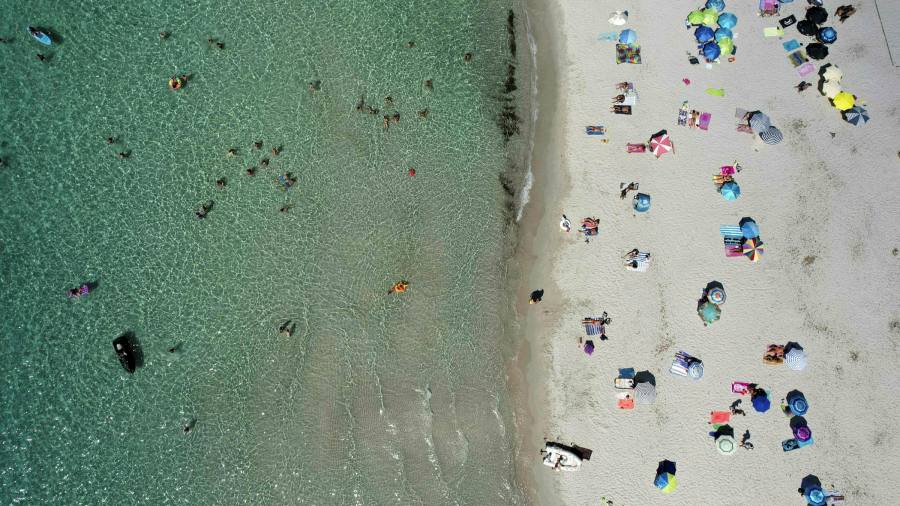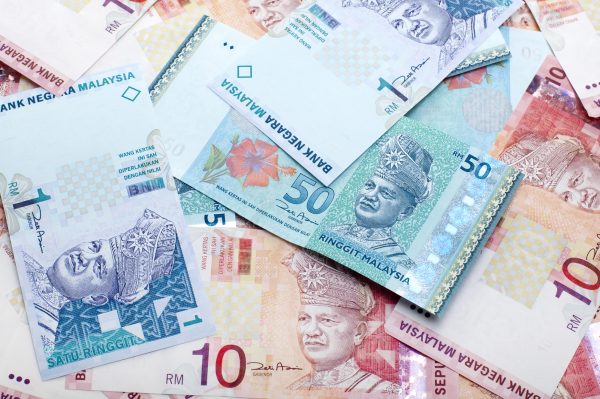France’s economy expanded by 0.5 per cent in the three months to June, outstripping analysts’ expectations thanks to growth in exports and a boost from tourism.
Economists polled by Reuters had, on average, expected France’s quarter-on-quarter growth to nudge up just 0.2 per cent in the second quarter, after it contracted at the beginning of the year.
But the figures, published ahead of data for the eurozone as a whole later on Friday, have raised concerns among economists after showing that domestic demand remained flat.
“The normalisation of tourism and recreational activities . . . has played an essential role in pushing the GDP [gross domestic product] print higher than expected,” said Gilles Moëc, chief economist at Axa, an insurer. “On the weak side, we have another quarter of contraction for consumer spending, which suggests the generous fiscal measures implemented to mitigate the impact of higher energy prices have not been able to fully offset the deterioration in real incomes and confidence”
Andrew Kenningham, from Capital Economics, said: “We’re forecasting the French economy to be weaker in the second half of the year as inflation hits real household incomes.”
Inflation in France was 5.8 per cent in the year to June.
Kenningham added: “We’ve pencilled in three quarters of zero growth so a recession would absolutely not be a surprise and we are forecasting a recession for the eurozone.”
Eurozone figures, out at 10am London time, are expected to show the region’s economy eked out growth of just 0.1 per cent over the second quarter. Moëc said the trends seen in the French data may hold for the region. “The states with a strong tourism industry, where personal services dominate — such as Spain may do well, while it may be more difficult for Northern countries.”
Economists have warned that the impact of Russia’s invasion of Ukraine is likely to weigh on output over the second half of the year. Consumer confidence indicators are at record lows, with households saying in increasingly large numbers that they will delay any major purchases. Political turmoil in Italy, where prime minister Mario Draghi recently resigned, has also worsened the outlook.
Prices for food and energy have surged off the back of the Ukraine conflict, with gas prices soaring earlier this week after Russian energy company Gazprom said flows through its Nord Stream 1 pipeline that runs to Germany would slow to just 20 per cent of their normal level.
Eurozone inflation in the year to June rose to 8.6 per cent, its highest level since the introduction of the single currency in 1999. Figures for the year to July, which are also out at 10am, look set to show price pressures hitting a new high.
While domestic demand in France did not grow in the second quarter, gross fixed capital formations increased by 0.5 per cent compared with the first quarter. Exports grew by 0.8 per cent, while imports declined by 0.6 per cent.





















Discussion about this post